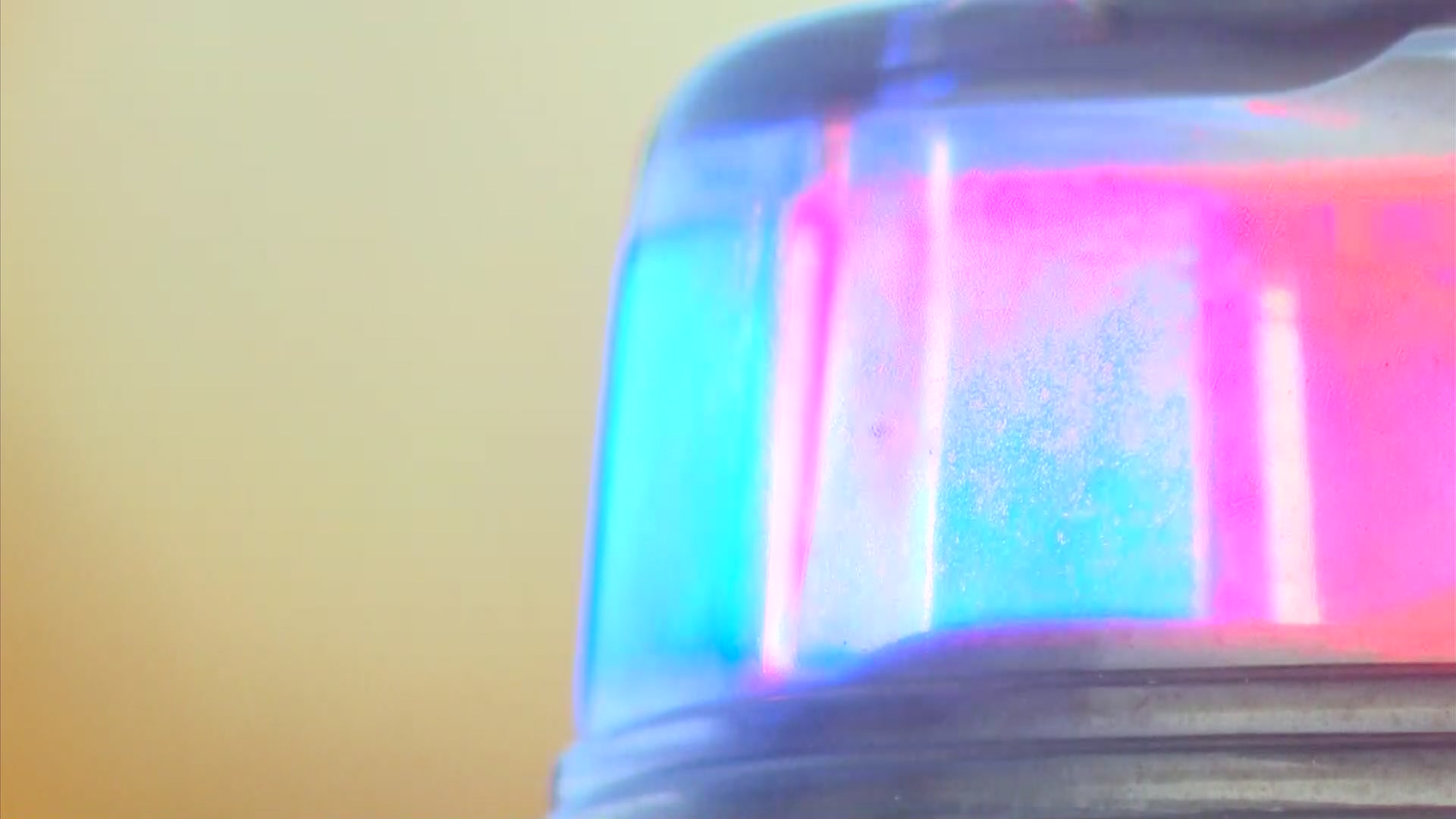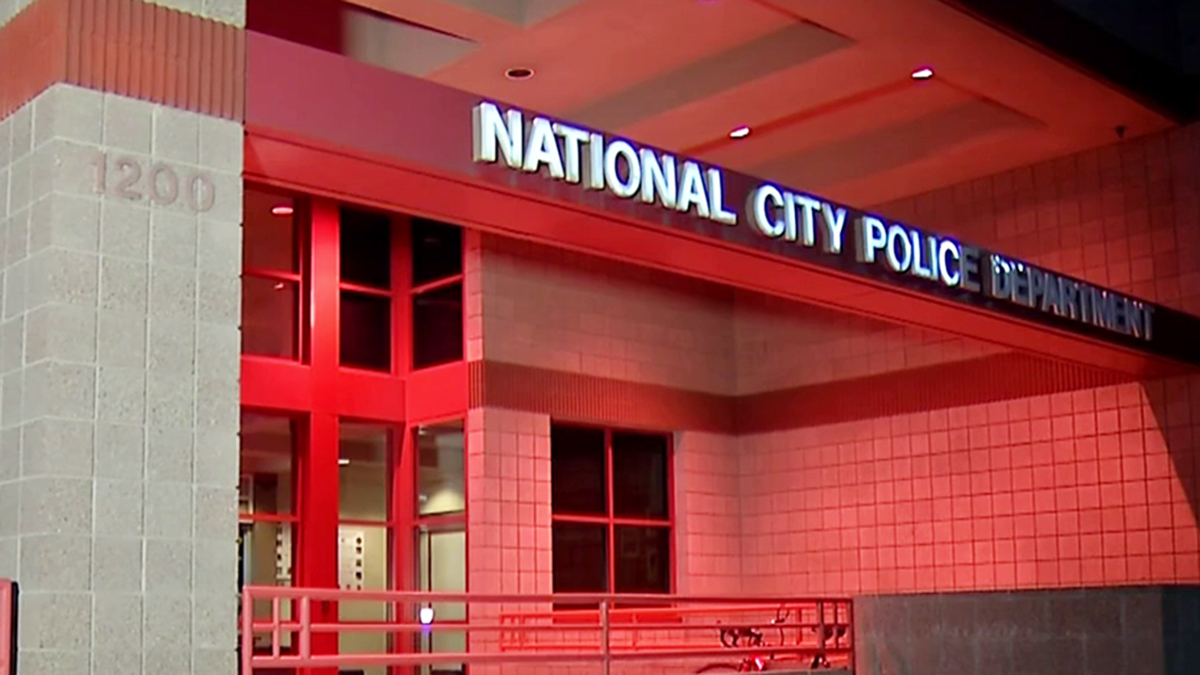Police say the services can attract crime. NBC 7’s Dave Summers reports.
Commercial marijuana is months away from legality in California, but the future of marijuana delivery services remains in flux in San Diego.
An analysis by NBC 7 Investigates found hundreds of unlicensed medical marijuana delivery services have flooded into city and county limits, trafficking America’s most popular and controversial drug directly to consumers’ doorsteps. And while some unlicensed services are advocating for a permitting process to become legal in San Diego, the San Diego Police Department is working to knock them down.
According to the San Diego Police Department, its narcotics unit has begun shifting its efforts to unlicensed delivery services, after spending the last year and a half focusing on shutting down unlicensed storefront dispensaries. Lt. Matt Novak, who runs the unit, said he receives “constant complaints” from residents and business owners who are negatively affected by the businesses, and city agencies are having to spend additional resources combating the dangers that come with them.
“It all creates a tremendous amount of work to get rid of these places so that people can live safely in their neighborhoods and in their business,” Novak said. “It’s a definite problem that requires a lot of our resources to get on top of.”
SB-94, which California lawmakers passed in June, allows licensed marijuana retailers to conduct sales exclusively by delivery. A City of San Diego ordinance passed earlier this year, however, limits delivery to licensed dispensaries, rendering many delivery-only services operating in the city that considered themselves legal under Proposition 215 and SB-420, illegal.
Novak estimates between 30 and 40 delivery services currently operate within city limits. NBC 7 Investigates’ analysis of Weedmaps and Leafly, two advertising platforms for marijuana businesses, suggests the number operating in the county is several hundred.
Weedmaps’ and Leafly’s websites show maps of marijuana delivery services available in different cities and neighborhoods in San Diego County. NBC 7 Investigates wrote a computer program to monitor the maps, each time making a record of the listings in neighborhoods across San Diego county.
Local
The program found hundreds of different listings for delivery services on the two sites, each represented by a pin on a map. Some delivery services purchased pins in several areas of the maps, so NBC 7 Investigates examined the services’ names and phone numbers to narrow down the number of unique businesses.
The analysis found 289 unique business names on Weedmaps and 123 on Leafly. Only four of the businesses on Weedmaps and eight on Leafly were licensed. NBC 7 Investigates called all the delivery services and verified at least 252 were actively operating.
Only nine of those, less than five percent, were licensed.
Compared to a marijuana storefront, Novak said it takes almost twice as long to investigate a delivery service because delivery services hide their locations from public view, advertising only a phone number or email and sending drivers to a customer’s address.
“With a delivery service, we have a physical location that they’re very much trying to keep quiet,” Novak said. “It takes extra steps to try and locate the physical location, and it definitely takes extended periods of time compared to the storefronts.”
Novak’s unit served its first search warrant to a delivery service in early August. It raided Left Coast Collective, which was operating on Kurtz Street in the Midtown District, and found more than 40 pounds of marijuana, 100 plants, and some cocaine, according to Novak. A Deputy City Attorney assigned to the Left Coast Collective case said charges have not been filed yet.
NBC 7 Investigates reached out to Left Coast Collective’s owners but have not heard back. A staff member on Left Coast Collective’s answering machine called the raid “unlawful” and said their delivery service was following state laws. The voicemail message also accused locally licensed dispensaries of partnering up with police to shut them down.
The San Diego County Sheriff’s Department tells NBC 7 Investigates it has responded to 143 robberies within 500 feet of both licensed and unlicensed dispensaries in the past two years. NBC 7 Investigates surveyed every police agency in the county and found there have been 16 armed robberies involving delivery services in the last two years. Several agencies said the actual number is likely much higher because those types of crimes often go unreported.
“It’s a magnet for violence, it’s a magnet for other types of crimes, and it just causes a lot of problems for everyone that’s around it,” Novak said.
Lincoln Fish, CEO of Outliers Collective, a county-licensed collective in El Cajon, said some unlicensed dispensaries want to become licensed and work hard to comply with state regulations, but “the vast majority” don’t.
“Opponents of legal marijuana, and there are a lot of them still, have only to point to that — people putting unsafe product out there and not carefully vetting customers — to say, ‘Look, see how bad and wrong and evil this is?’” Fish said. “They [unlicensed services] damage us as an industry; they damage us as a movement, if you will.”
Elizabeth Wilhelm, president of the San Diego Cannabis Delivery Alliance, SDCDA, has operated the unlicensed delivery service Timely Holistic Care since 2015. She said her business serves severely afflicted patients, such as those with epilepsy, autism, and cancer — people who cannot physically drive to a dispensary and she works hard to vet her vendors and ensure her product is safe.
Wilhelm said most delivery service operators cannot afford to open a storefront dispensary in the city, but feels they offer a valuable service to the community. Right now, SDCDA is urging city council to adopt a permitting process specifically for delivery services to become licensed.
“If you want the black market to go away, give a path for legalization,” Wilhelm said. “We’re asking for the same chance to be a part of the community, to pay our taxes, to do all the things that these other people are doing with the businesses that we exist in now.”
Websites like Weedmaps and Leafly, as well as the San Diego Reader and possibly other businesses, provide unlicensed and licensed marijuana businesses a platform to advertise and they make profits doing so. Weedmaps, for instance, charges $10,000 per month for the top listing in some San Diego neighborhoods, marijuana business owners tell NBC 7 Investigates, a figure Weedmaps did not dispute.
“Weedmaps' listing policy is in line with the current policies for cannabis listings utilized by Google and Yelp in the region,” read a statement provided by Weedmaps. “We will continue to review and amend this policy as California opens for adult use in 2018, and as San Diego takes steps to expand from the small market of operators it has licensed.”
Leafly did not respond to multiple requests for comment. The San Diego Reader declined to comment on this story.
According to Fish, roughly one-third of Outliers Collective’s new patient referrals come from Weedmaps. He said they pay $4,000 per month for the sixth-highest listing in El Cajon, and Weedmaps recently informed them it would be tripling that rate.
“It’s incredibly frustrating,” Fish said. “Because basically anyone can jump on there. These guys are unlicensed and they’re legally not allowed to be open, and yet they’re allowed to advertise. I’m hoping the state does tackle that issue.”
Two years ago the state of Nevada and the City of Las Vegas put Weedmaps on notice about advertising unlicensed dispensaries and delivery services. Las Vegas cited a city ordinance banning advertising of unlicensed businesses when the city sent Weedmaps a cease-and-desist letter. Within months, the advertisements were taken down.
To read the letter, click here.
“In the spring of 2016, all unlicensed facilities were found by staff to be removed from their website,” reads a statement from the Nevada Department of Health and Human Services. “Looking now at Weedmaps, there may be a few unlicensed businesses there — greatly improved from 2015 though. It is (the Nevada Department of) Taxation’s issue now.”
Neither the California Bureau of Medical Cannabis Regulation nor the San Diego city attorney’s office has publicized any plans to regulate the advertising of unlicensed marijuana businesses, including delivery services.
“The Bureau is primarily focused on setting up the state’s regulatory framework at this time. So there’s not much we can say… until we get that framework in place,” said Alex Traverso, a spokesperson for the California Bureau of Medical Cannabis Regulation.
The city attorney’s office did not respond to multiple requests for comment.
Novak said platforms that advertise unlicensed marijuana businesses work against SDPD’s cause.
“Is it causing us to use more resources?” Novak asked. “It certainly isn’t helping. Advertising brings customers, and if they’re allowing them to do it, it’s gaining customers for an illegal business, and it makes a problem for us in law enforcement who are trying to police and regulate those businesses.”
For the City of San Diego, time is running short to make a decision on these issues ahead of January 1, 2018, when the new retail marijuana state laws go into effect. The state is working to make its permitting process available, and the city council is scheduled to discuss a set of potential new regulations for cultivation, manufacture, and testing at its Sept. 11 meeting. Establishing a permitting process for delivery-only services is not on the agenda.
Wilhelm said she and the SDCDA will attend the meeting to advocate for the issuance of 15 licenses to delivery-only services. The SDCDA is holding a press conference to discuss the matter at 12 p.m. at the Civic Center Plaza, just prior to the meeting.
Fifty percent of retail marijuana is sold through delivery, according to Wilhelm. The tax revenue San Diego could generate from regulating it would be a boon to the city, she said. In addition, she said the 15 storefront dispensaries currently licensed to deliver are insufficient to meet demand in a city with more than 1.3 million people.
“There are so many reasons why this is important for the medical community and the city to understand,” Wilhelm said. “We’re talking about people that have no access because they have no vehicles, they have mobility issues, they’re older, they’re sick. There are tons of reasons why people can’t get to a dispensary, and so this really isn’t even about cannabis anymore; it’s about business.”
Until the city decides to offer permits to delivery services, Novak said he and the SDPD narcotics unit will continue their efforts to bring them to justice.
“The San Diego Police Department is going to eliminate them just like we did the dispensaries,” Novak said. “I can say with much assurance that eventually we will get rid of a majority of the illegal delivery services. We have a pretty good plan in place to make sure that it stays out of the city and does not operate illegally here.”



